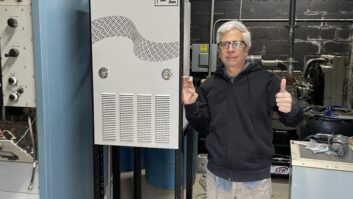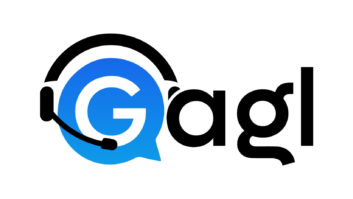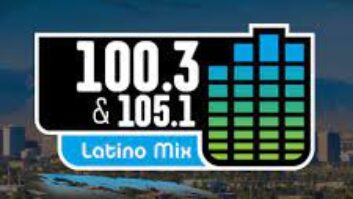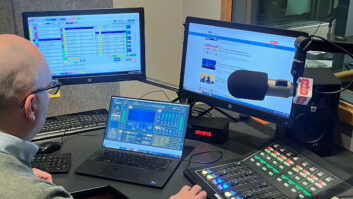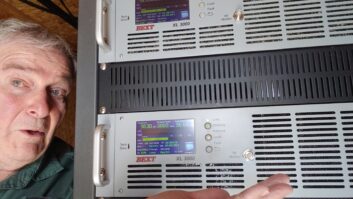A station buyer’s technical checklist
Jul 1, 2003 12:00 PM, By Harry Martin
When a company decides to purchase a radio station, the station’s technical plant is often overlooked by the buyer.
The Georgia Association of Broadcasters published an article last year entitled Technical Concerns upon a Station Transfer highlighting this concern. Written by Daniel Davis of D-Squared Broadcasting Technologies, the article provides a useful checklist of technical items to be reviewed prior to a station acquisition. Here are some highlights:
Retain an independent consulting or contract engineer to inspect the station’s paperwork, unless you have a full-time engineer on staff. Those include the station’s main FCC license, as well as those for licensed microwave STLs and remote pick-up units.
Once you have those materials, the station engineer and counsel should confirm that the licenses accurately describe the station’s facilities as constructed. For example, check the geographic coordinates of the station’s tower. Incorrect coordinates may have been entered in the Commission’s records when the tower was first authorized, or possibly when it was registered.
Confirm that all the station’s auxiliary authorizations are accurately associated with the main station authorization in the FCC’s records. Because auxiliary licenses not associated with a broadcast call sign do not renew automatically with the parent station and may have expired, confirm that all the auxiliaries are still in good standing.
Find out if there are any outstanding construction permits to modify the station. Check the expiration dates of the permits, as well as the state of construction. If construction has been delayed, find out why. And if construction has been completed, make sure that a covering license application has been filed. Determine if the station is operating pursuant to any special temporary authority; if so, find out why and how long the STA will be needed. Tower lighting and registrations also should be checked.
When towers are sold, the new owners are required to update the tower registration to reflect the new ownership.
The seller may possess engineering reports that may not be available at the FCC. Such reports should be transferred along with the station’s assets. These might include proof-of-performance measurements, copies of related engineering studies, coverage maps and, for AM stations, the most recent antenna resistance measurement report. Buyers should make certain that the original technical manuals for broadcast equipment, are available with factory-test data for the specific transmitter for the station.
Inspect the station’s physical plant, including the studio facilities. Make a list of the essential equipment, check the performance of the equipment and test the station’s signal.
Check for RF exposure compliance, for asbestos in the studio building and for underground fuel tanks anywhere on the property being acquired or leased. You will have to certify to environmental compliance at renewal time.
For stations using telephone access remote-control systems, the buyer should request copies of the program code list or completed programming worksheets for the system. After closing, user and security codes for the system should be changed to prevent former employees from accessing the system.
The seller will provide an inventory of all equipment, fixtures and furnishings being conveyed with the station. Compare that with the list compiled by your engineer. If possible, the contract should warrant the performance of the equipment and declare that the seller has title to all property. The contract should also specifically disclose any excluded items that may belong to station personnel or that do not convey with the station.
Review tower use rights. If the tower is leased, is the lease agreement assignable and under what terms? Are there other tenants on the tower who could create interference for the station? What are your rights under the lease? Has the seller been leasing space to other tenants? If so, make sure those leases are assigned to you.
Dateline
Renewal applications are due Aug. 1 for radio stations in North Carolina and South Carolina. Stations in the following states, commonwealths and territories must file their biennial ownership reports with the FCC, and place their annual EEO reports in their public files and on their websites, by Aug. 1: North Carolina, South Carolina, Florida, Puerto Rico, Virgin Islands, Iowa, Missouri, Alaska, Hawaii, Oregon, Washington, American Samoa, Guam and the Mariana Islands.
Martin is an attorney with Fletcher, Heald & Hildreth, PLC., Arlington, VA. E-mail[email protected].






